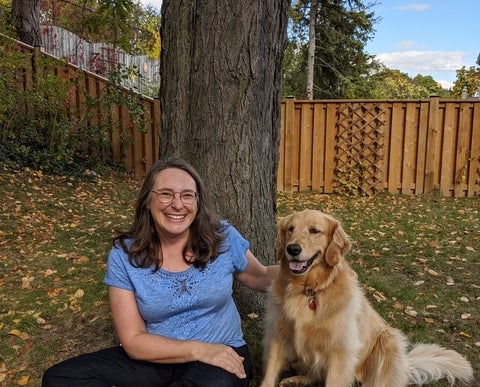Below are some of our current working group members. We aim to update this page once a year following our fall call out for new volunteers.
Undergraduate Students
Ashling Ayekun
I believe firmly in the importance of celebrating diversity and making sure all people feel included and supported. As such, I am really happy to be apart of the Psych EDI working group where I can be involved with EDI initiatives within the department and help highlight the experiences of marginalized groups.
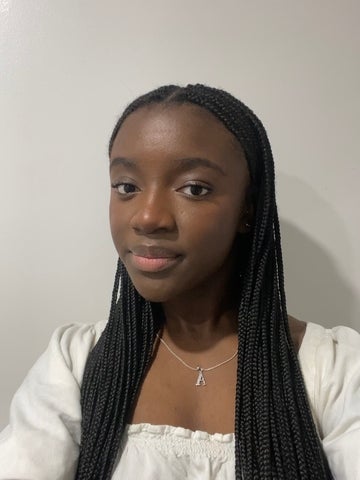
Manha Balouch
As an undergraduate Psychology student, I joined the Psychology EDI Working Group to help foster a sense of belonging within our department. I care deeply about creating inclusive spaces and ensuring that diverse voices and experiences are represented and valued, making the EDI group highly important to me. I am excited to contribute to events that celebrate our community’s diversity and promote equity and understanding!
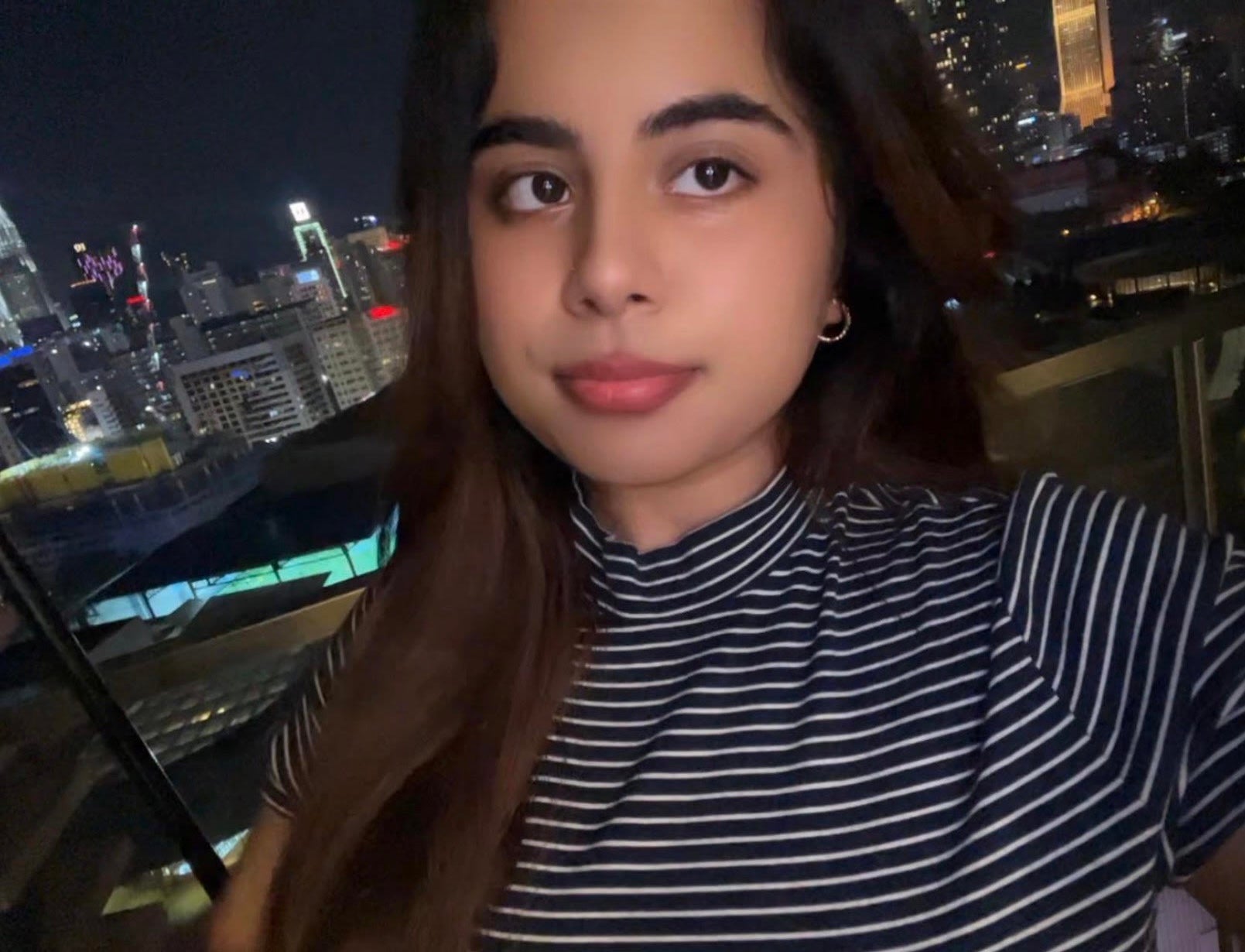
Graduate Students
Khalil Husein
As part of the EDI team, I hope to help foster a learning and research environment that invites, supports and values people of all backgrounds. I believe that framing diversity as a strength can be beneficial to all in the department, especially in a research area that has struggled, but also recently endeavored to capture and understand the experience of underrepresented groups. I aim to contribute in upholding a department that feels welcome to everyone and encourages continuous learning from each other.
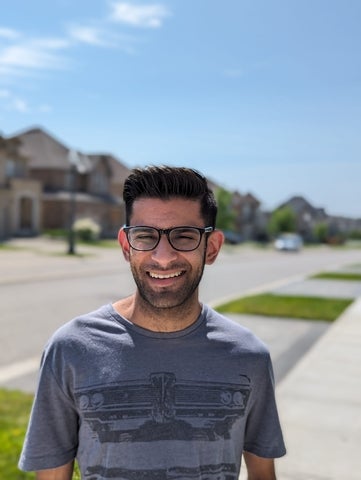
Krista Quinn
I am a part of the EDI team because I appreciate the ways that unique identities affect the experiences and stories of individuals existing within societies and communities not made for them. As a queer woman, I have experienced the obstacles that come with belonging to marginalized communities - as well as the learning and resilience that comes from the same. As a part of this team, I endeavour to increase knowledge about and understanding for each other's experiences, with the ultimate goal of reducing obstacles and increasing appreciation for diversity in our community. Furthermore, as a white woman, I commit to continue learning about my own privilege and the ways I can step aside and give a voice to those who haven't been afforded the opportunities that I have.
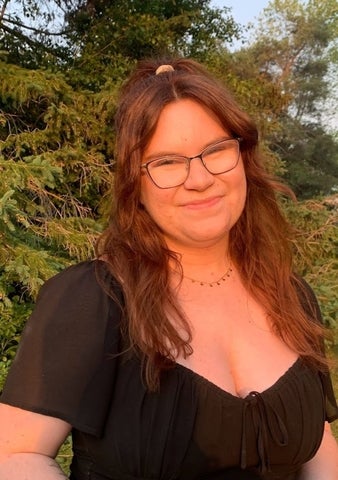
Monica Grove
I joined the EDI working group because I value being part of a community where everyone feels safe, welcome, and supported. I am excited about the opportunity to help advocate for equity in psychology and celebrate the diversity within and beyond our department.
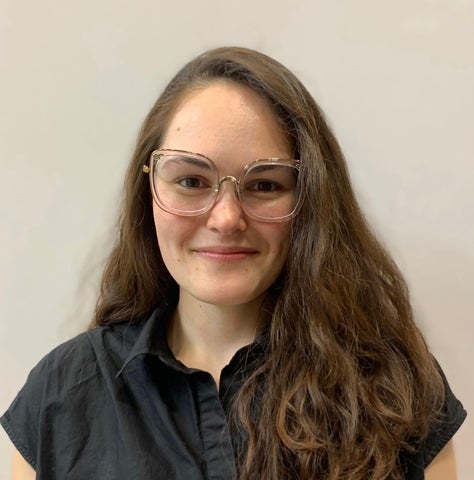
Sarah English
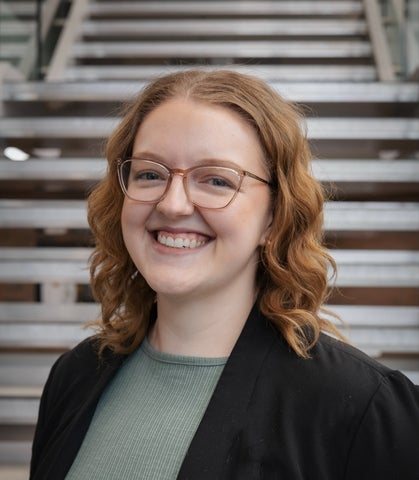
Taranjot Padda
I joined the EDI working group because I want to be part of a department that welcomes and values diverse lived experiences, and supports students and faculty in overcoming hurdles often experienced by members of marginalized groups (particularly in academia). As a researcher who studies culture and sexuality, I am also interested in learning about and supporting others in conducting culturally sensitive research on diverse, underrepresented populations. I hope to help make the psychology department feel inclusive and supportive to all, and continue to learn from other members of our community
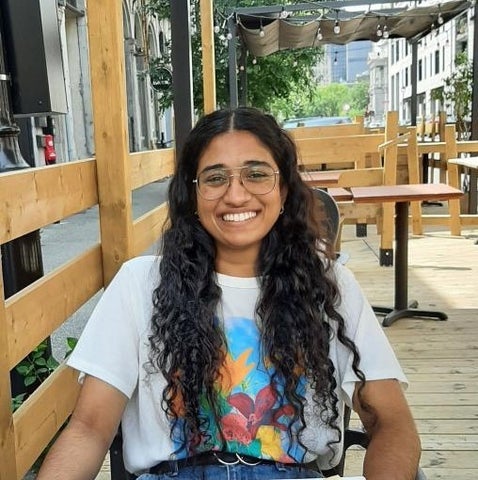
Faculty
Allison Kelly
I feel grateful to be part of the thoughtful and passionate group of individuals who make up the psychology EDI working group. I feel fortunate to be able to use my privilege to contribute to greater equity, inclusivity, and diversity in our department and university. I am continuously learning and strive to continue to listen, learn, and grow through my involvement in this wonderful committee.
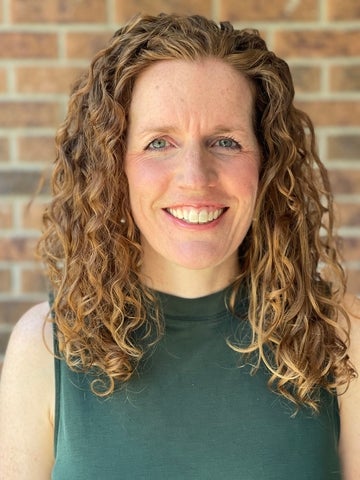
Clara Colombatto
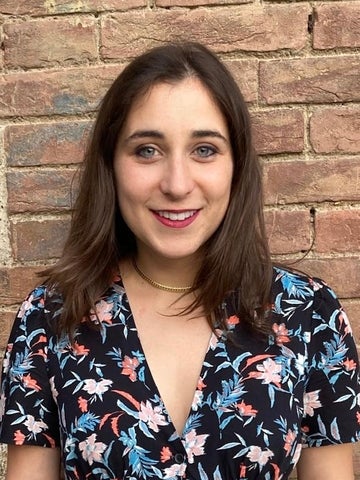
Evan Risko
I joined the EDI committee to help us move toward a more equitable, diverse, and inclusive psychological science both at the departmental level (as the Associate Chair of Graduate Studies) and within my own laboratory (Cognition and Natural Behaviour lab). Currently, I am helping the resource team put together resources for the department to supports its EDI goals.
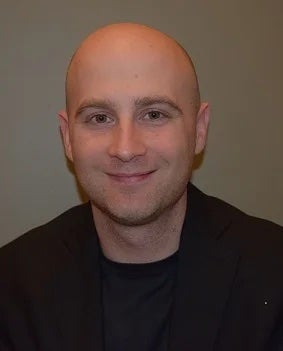
Hilary Bergsieker
I trace my journey to becoming a social psychologist back to dismay about the harm caused by prejudice and stereotyping, triggering a strong desire to empirically test strategies for creating a more just, inclusive world. My research focuses understanding effects of racism, sexism, and other forms of bigotry on behaviour, as well as developing interventions to increase trust, understanding, and allyship between groups. I joined the EDI working group to leverage my time (and various forms of privilege) to help our department better serve the needs of people from marginalized groups and create a welcoming environment for everyone.

Katherine White
I joined the EDI working group because I am passionate about ensuring that students have the support and tools they need to succeed, during their time at UW and beyond. As part of the Lift mentorship program, I work towards this goal and towards creating a more diverse and inclusive Psychology.
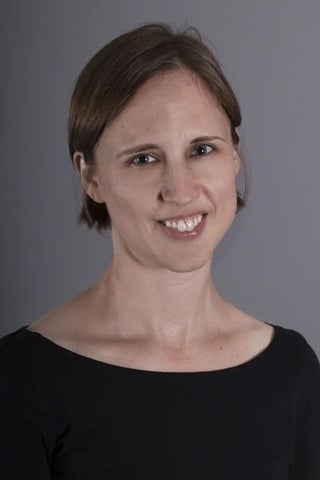
Neil Hester
I care about the influence of identity on impressions and interactions quite a lot: much of my research is about stereotyping and discrimination, plus I grew up as a half-Filipino kid in a pretty conservative part of Texas. One thing that’s especially important to me is promoting equity in knowledge of the “hidden curriculum” of higher education. It can be hard for any student to navigate the processes involved in joining a lab or applying for grad school, but it’s especially hard for students who experience more anxiety approaching faculty members or have fewer “in the know” people to ask for help. The Lift mentorship program (one of the “branches” of the EDI group) addresses this issue, so the work feels really worthwhile.
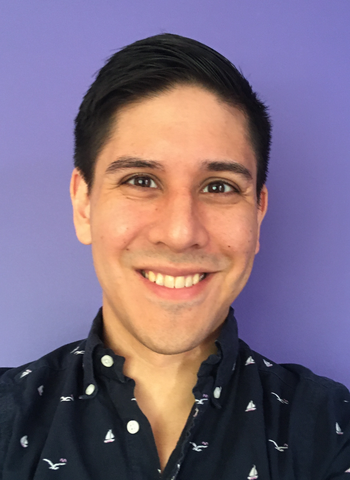
Wendi Adair
I grew up in a White, middle-class Philadelphia suburb. My mother was a teacher and my father a lawyer. I studied language, culture, and business, with a focus on managing international negotiations and multicultural teamwork. When a graduate student from Northern Quebec came to study identity conflict experienced by Indigenous employees in the Canadian workplace, I started paying attention to the cross-cultural, multiracial challenges in our own society (Thank you Aimy Racine!). Previously, I had the privilege of not paying attention. Only recently did I start learning about social justice and the systemic barriers responsible for the largely White and privileged population we see in higher education. I see the lack of diversity and safe spaces in our department and want to work as an ally to create safe, welcoming, and inclusive spaces for all
